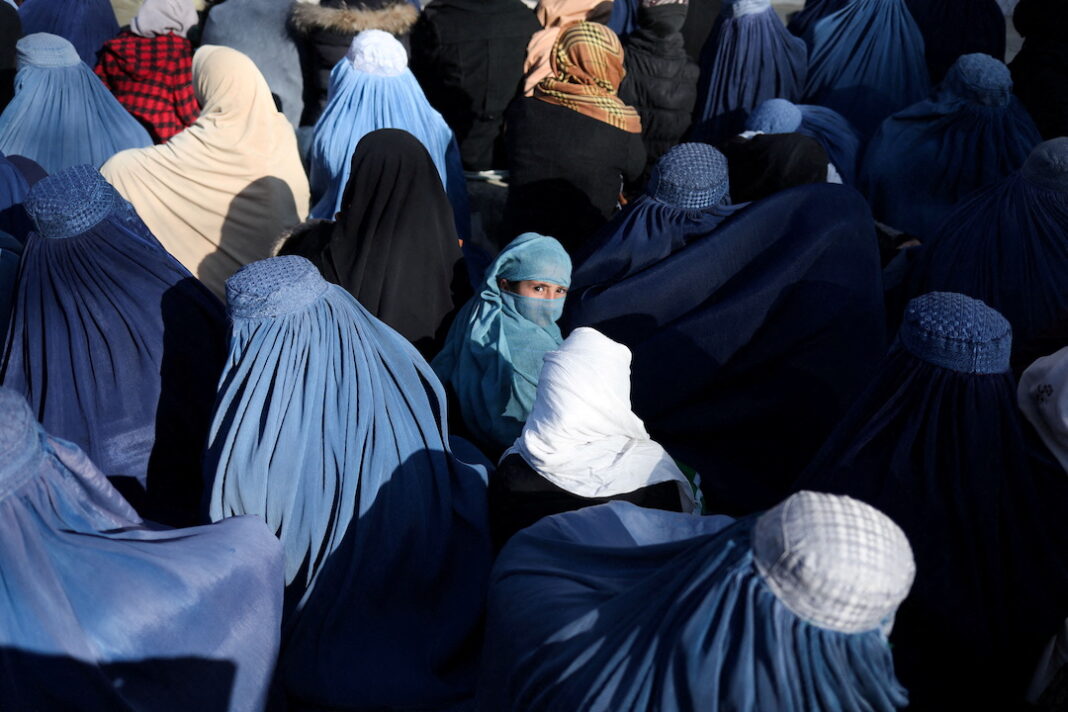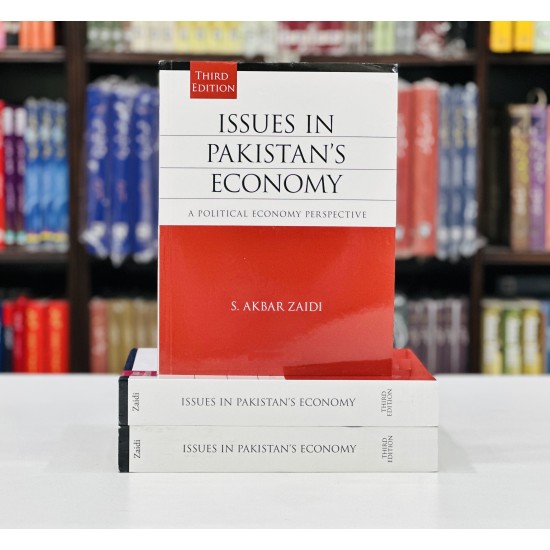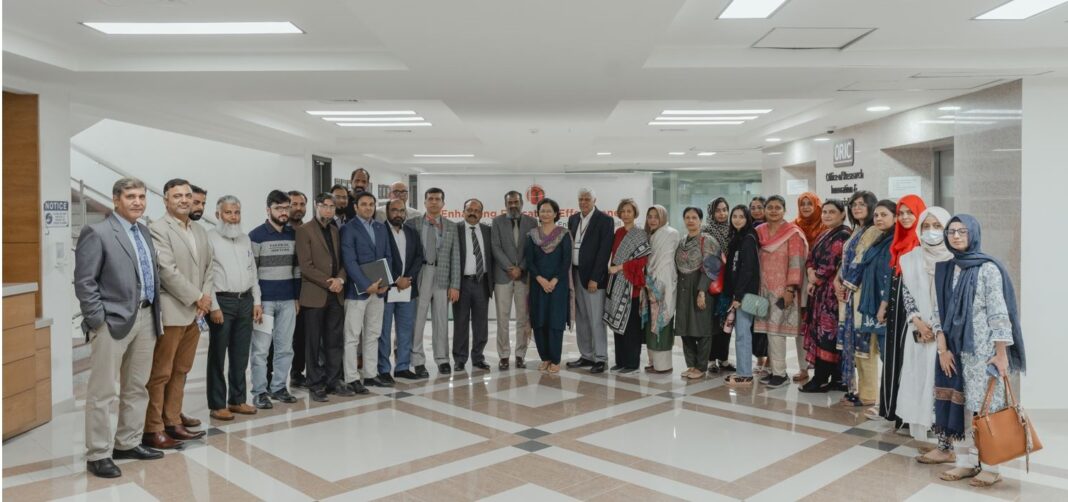NEWS DESK
ISLAMABAD: Participants at a consultation on Friday said that Islamabad should constantly engage with the incumbent regime in Kabul while keeping in mind its security interests but refrain from endorsing the Afghan Taliban’s restrictions imposed on women.
They insisted that Pakistan should form a special policy for Afghan women as well as vulnerable communities and offer them facilities of scholarships, online education and some kind of vocational training.
Academics, former diplomats, journalists, youth and rights activists, policy analysts and experts on Afghan affairs expressed these views at the consultation on ‘Afghan peace and reconciliation: Pakistan’s interests and policy options.’
The talk was the 11th one in a series of discussions organized by the Pak Institute for Peace Studies (PIPS), an Islamabad-based research and advocacy think tank, on the Afghan peace process. The main themes of the consultation included ‘The changing security scenario: Women’s perspective’ and ‘Emerging Pak-Afghan ties: Youth’s perspective.’ The discussion consisted of two sessions, one represented by women and other by youth.
Former ambassador of Pakistan Seema Ilahi Baloch opening the debate said that the education of women had been the worst hit in Afghanistan because of “Taliban regime’s perceived ideological perception about how women should be.” The women have very less chances of access to health facilities there, she added. Afghan women including students have been barred from travelling outside their country without the presence of male mahram (family member), she also said.
“We (Pakistan) have to be careful as a neighbour,” Baloch said and added, “We have to see the plight of Afghan women within the Pak-Afghan context apart from the perspective of human and women rights.”
Ex- ambassador Baloch also said that Pakistan’s policy of making doors fully open for Afghan refugees was not necessarily in its national interest. But it is now wrong to forcefully deport them, rather a proper policy on Afghan refugees should be made at first, she added.
Executive Director at Verso Consulting in Islamabad Safiya Aftab viewed that Pakistan’s Afghan policy had been in shambles right from beginning while it didn’t have any policy for refugees at all. “We cannot look at the Afghans monolithically,” she said, adding that Afghans were quite a diverse community and currently they didn’t have a policy to deal with any of those. “To attempt large scale repatriation of Afghans now in the given situation in Afghanistan is very heartless, particularly for girls,” she said.
Senior Coordinator at the Centre for Research and Security Studies (CRSS) in Islamabad Elsa Imdad Hussain quoting a report on two-year rule of Afghan Taliban said that Taliban government might be right for Afghanistan in terms of economy, finance and foreign relations but women were being treated there in the wrong way. “Despite the challenges and tough foreign policy that we have, it is an opportunity for Pakistan to come up with a refugee law which should be both human and gender-centric,” she said. She called on the Pakistani authorities to introduce online education programmes for Afghan refugee girls and women if there was some compulsion to repatriate them to their home country.
Assistant Professor at Fatima Jinnah Women University in Rawalpindi Dr. Sobia Hanif taking part in the discussion remarked that women that comprised 50 percent of Afghan population were being subjected to all kinds of human rights violations. They are deprived of education and employment rights with having no facilities of health at all, she added.
Giving her suggestions, Dr Sobia said that Pakistan needed to resolve its problems with Afghanistan through constant constructive engagement with the Afghan Taliban-led interim government in Kabul. She stressed that Pakistan should form a special policy for Afghan women, minorities and people with disabilities besides providing them with facilities of online education and vocational training.
Her colleague Dr. Samrana Afzal viewed that Pakistan should go for a quiet diplomacy and public messaging to Afghanistan and Taliban government in meeting the demands on governance including the respect for basic rights as well as counter terrorism commitments. “Islamabad should keep its own security interests in mind in dealing with Kabul and refrain from endorsing the Taliban’s restrictions imposed on women,” she added.
TV host and social activist Tanzeela Mazhar endorsed other participants by saying that Pakistan should have been a separate and specific policy for Afghan women and vulnerable communities. “Pakistan should clearly state that it stands for human and women rights besides distancing itself from the Taliban’s policies,” she further said.
Associate Professor at the Quaid-e-Azam University in Islamabad Dr.a Salma Malik, the moderator of a session, argued that Pakistan should talk to the rulers in Kabul and offer online education facilities to Afghan women. She suggested that Islamabad could allow young Afghan girls to complete their education through the syllabus of Punjab and Khyber Pakhtunkhwa.
Director of the Islamabad-based Afghan Women Association Nargis Mansoor highlighted that current restrictions enforced by Afghan Taliban on the right to education of women in Afghanistan would cause a severe shortage of teachers and doctors in the war-torn country in future.
Freelance journalist and social worker Jamaima Afridi emphasised upon the caretaker federal government to treat vulnerable Afghan communities, including women, living in Pakistan separately. She said that the government should not only allow them to live there but also provide facilities of education and employment.
Student activist Asad Khan Toori pointed out that Pakistan’s policy towards Afghanistan was vague and argued for bringing clarity in it.



